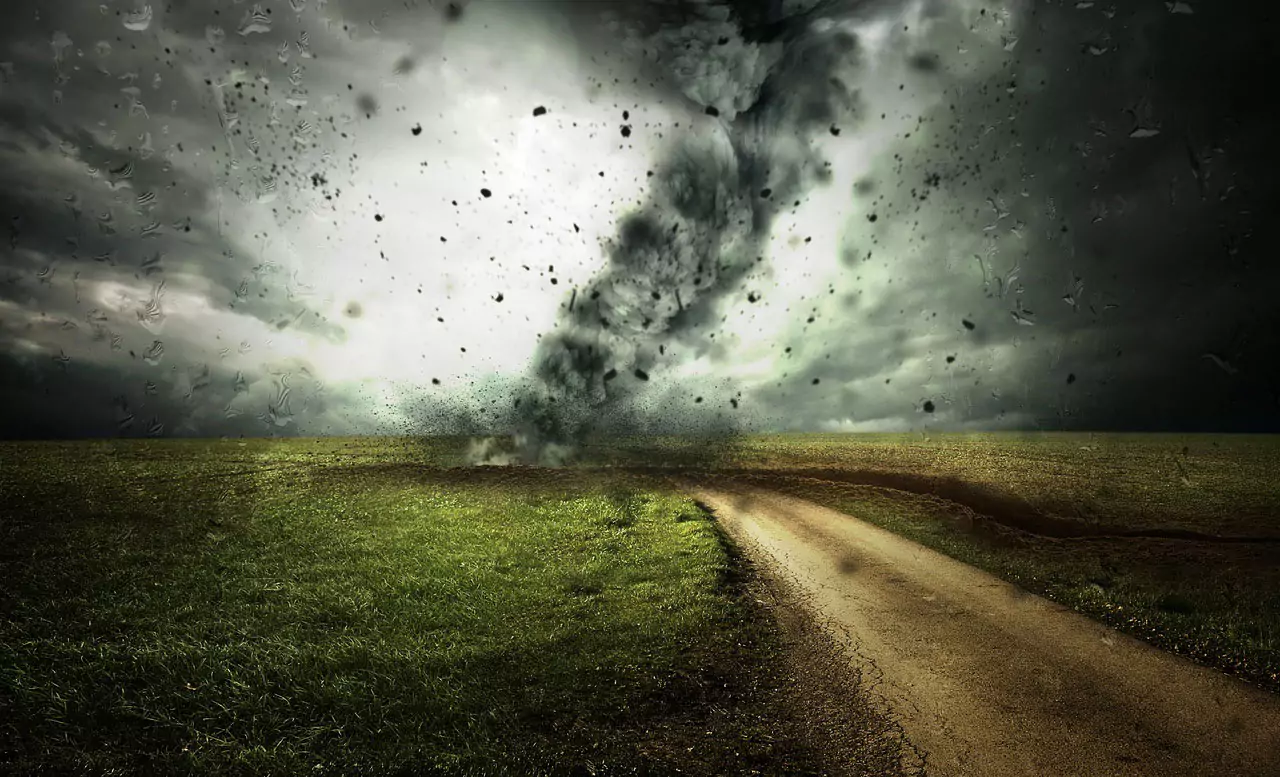If you have experienced a natural disaster before, you will be aware of the damage it can cause. Such disasters have the ability to cause significant destruction to your property and might also lead to financial loss. These things won’t be good for your mental health as well. One of the most well-known natural disasters, i.e. cyclones is not easy to control. Heavy downpours, storm surges, and strong winds are three components of a cyclone that cause destruction, particularly if you fail to take enough preventive measures.
The best thing that you can always do is stay prepared for such events. It is a fact that when a natural disaster like a severe cyclonic storm takes place, individuals are unsure of what to do. They also do not know the precautionary steps they can take to stay prepared for such an event. Here are the preventive measures you can take for cyclones.
1. Steps to Take Before a Cyclone
Staying prepared for a cyclone is important if you want to minimise the damage. Here are the steps you can take before the event:- Confirm your home is in good structural condition.
- Keep the doors and windows sealed off.
- Trim down all the trees to guarantee they do not fall over the electricity or telephone lines.
- Store important items such as medicines and groceries well in advance. Dry, non-perishable foods are crucial during emergency situations.
- Create an emergency first-aid kit.
- Keep water handy in case the water supply is disturbed during and after the cyclone.
- Refrain from leaving any of the loose objects lying around in your home.
- Stay clear of the demolished buildings.
2. Actions to Take During the Cyclone
It is equally important to take some actions during a cyclone to minimise the damage.
- Stay informed of the official cyclone warning.
- Install things like storm shutters.
- Ensure all the windows and doors are closed.
- Take adequate care of the children and adults who require attention.
- Turn off the electrical mains in your residence.
- Keep your vehicles parked in the underneath a solid shelter.
- In case you are asked to evacuate, move to a space that is built on higher grounds.
- Stay away from rumours and avoid panicking.
- Avoid driving immediately after the cyclone since the roads will be slippery thanks to the heavy downpours.
Moreover, ensure your emergency kit has all the items that a Pantry List site recommends.
3. Things to do After the Cyclone
After the cyclone, the chances of diseases spreading increase thanks to things like stagnant water. This is why you should do the following things after a cyclone:
- Try to consume fresh, dry food and remember to keep it away from flies as well as pests.
- Remember to boil water before proceeding with cooking or drinking.
- Use adequate disinfectants to ensure your surroundings are clean.
- Keep the drain holes covered to reduce the chances of backflow of sewage.
- Get rid of debris.
- Stay inside the shelter until it is confirmed that moving outside is safe.
- Carefully drive your vehicle once the roads are safe.
Wrapping Up
It is highly important to prepare for a natural disaster like a cyclone to minimise the damage. Apart from taking some preventive measures, you will also need to do some things during and after the cyclone. Take the actions mentioned in this article to ensure maximum safety.
